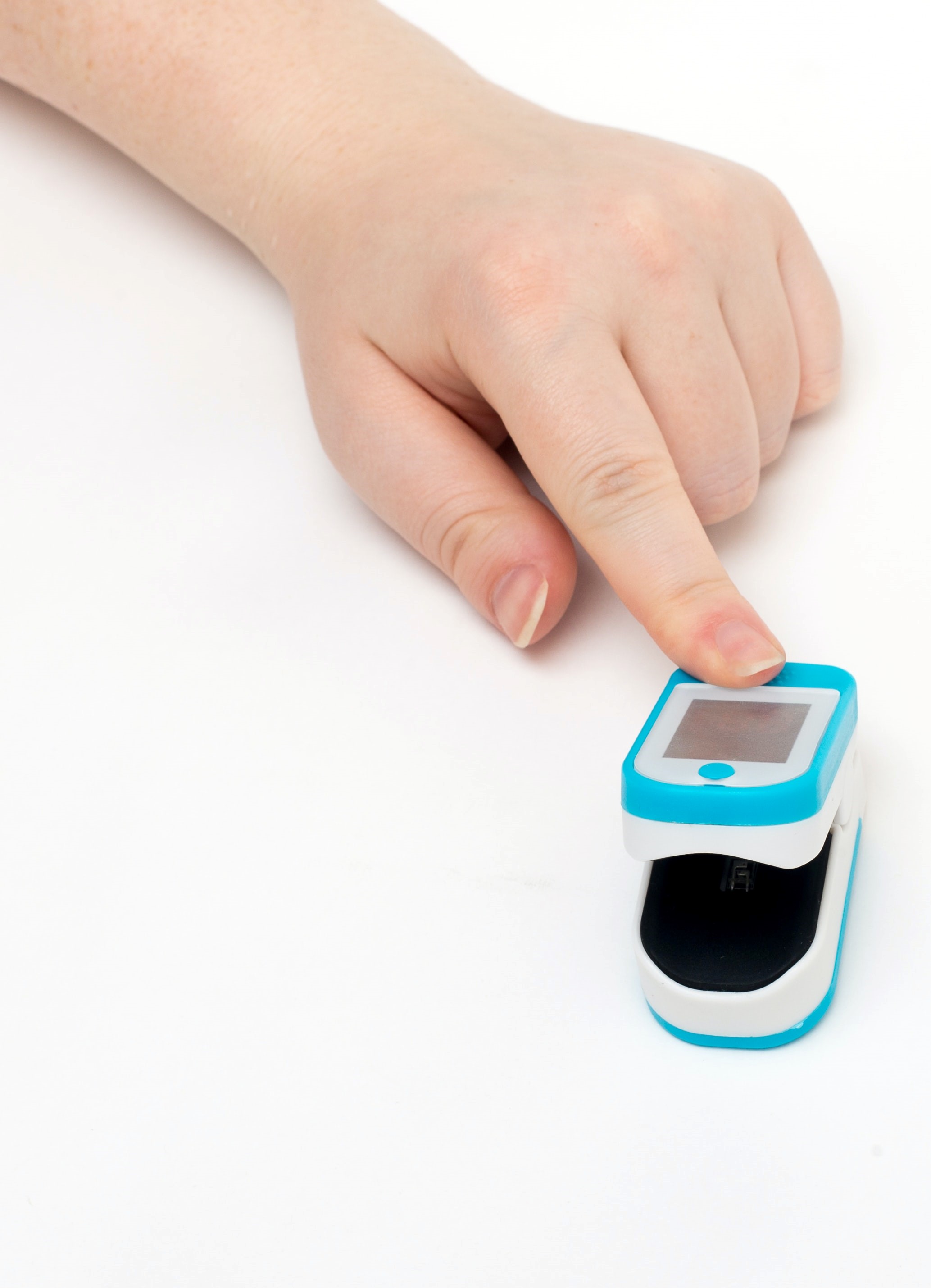


After analyzing nearly 500 studies that addressed the alarm and panic people were feeling during the pandemic, researchers defined coronaphobia as "an excessive triggered response of fear of contracting the virus causing COVID-19, leading to accompanied excessive concern over physiological symptoms, significant stress about personal and occupational loss, increased reassurance and safety seeking behaviors, and avoidance of public places and situations, causing marked impairment in daily life functioning.











For most people, the anxiety will get better as the threat of COVID-19 passes.Give yourself time. If anxiety doesn’t go away, it can be treated.

Stop reading alarming tales of the horrors of COVID-19 . Instead, try spending time focusing on positive information, stories or activities that take your mind off your fears.

Even though the number of covid patients are rising alarmingly everyday, but most of patients have mild symptoms.Also the recovery rate is almost 99%.

Do not pay too much attention to your bodies, it makes you over-protective. Instead divert your mind by focusing on other things, such as positive activities.

Focus on what’s under your control. Take active steps to look after your mental health.Mediate Everyday and stay socially connected to release anxiety.

Get help from professionals, not Dr Google. Try an evidence-based online program for health anxiety, seek advice from a psychologist who specialises in anxiety.